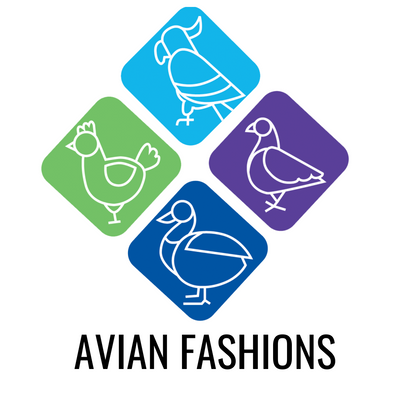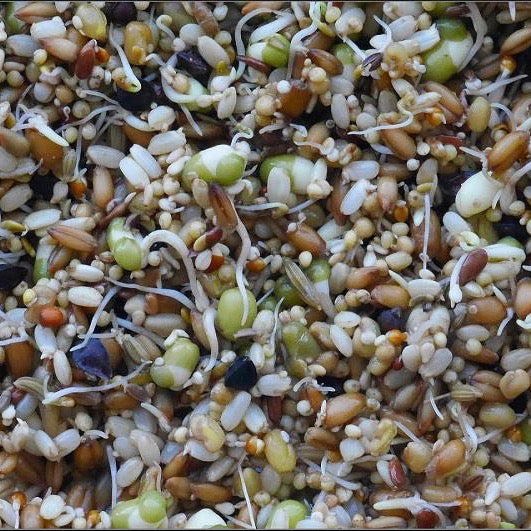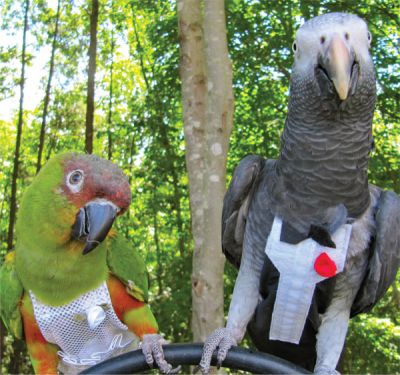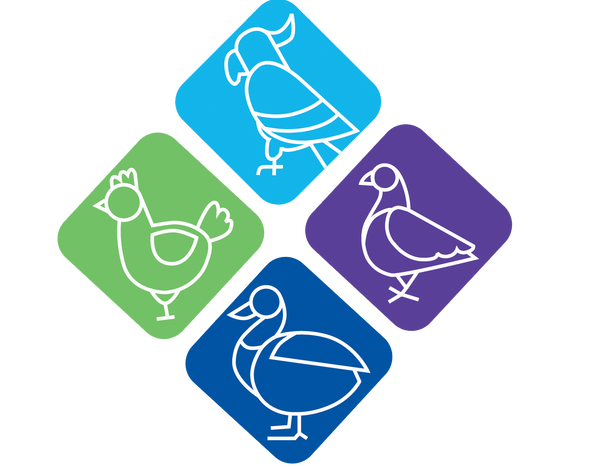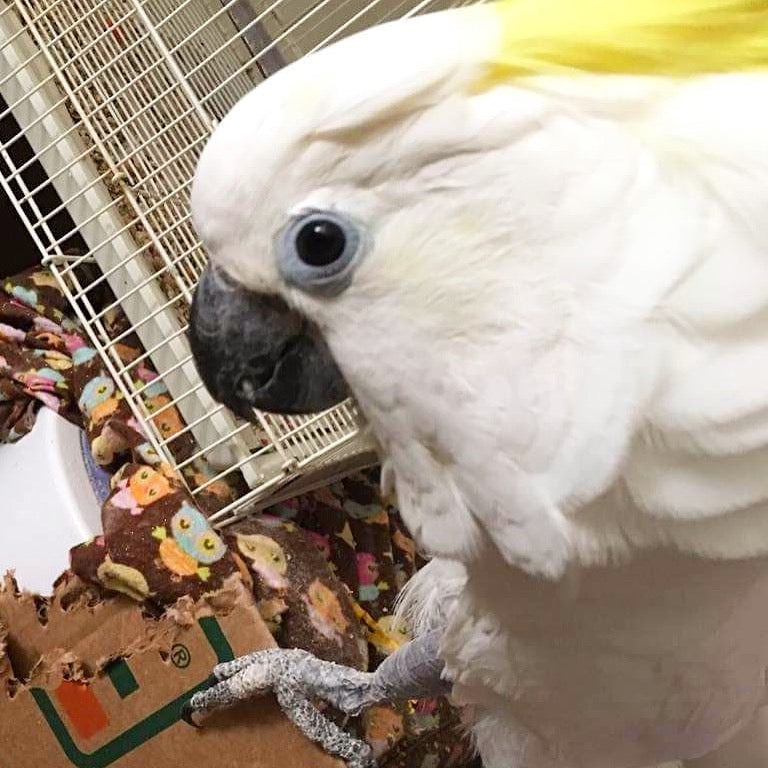
Harnessing Hormone Havoc
By Lori Scott Pikkaart
Here in Virginia, springtime is a gorgeous time of year with abundant bright flowers, blooming cherry blossom and dogwood trees, and yellow-green leaves on tall, swaying oak trees. Unfortunately, with the beauty of spring comes the agony of allergies. Tree pollen in the Southern states gets overwhelming, turning cars yellow, skies hazy, eyes itchy and noses runny.

For parrot owners, springtime presents a different kind of agony. Normally sweet pets suddenly present unusual or unwanted behavior: shredding cage papers, regurgitating food onto your lap, more screaming than normal, performing sex acts on perches or favorite toys, plucking out feathers, and perhaps worst of all -- becoming winged piranhas -- biting without warning or provocation. Yep, hormones are in the house!
What’s a parront (parrot parent) to do? It’s a natural phenomenon; our feathered critters are designed to reproduce on schedule. If you’re a breeder, that’s perfect … not so much if you’re an unwary owner. Of course, we can’t stop the behavior altogether, but there are many things we can do to help minimize unwanted behaviors and hopefully keep our fingers bandage-free.
- Only pet Polly’s head! Petting anywhere else gives mixed signals, especially petting under the wings or cupping your bird inside your hands.
- Time for a timeout. If your bird tries to “feed” you by regurgitating, put him in timeout. You don’t want him to think you actually like the behavior! The same goes for biting. If your friend suddenly proves untrustworthy on your hand or shoulder, absolutely do not let your bird have shoulder privileges. (Possibly the real reason pirates wear eye patches?) As soon as the bird starts aggressive behavior, it’s time for a timeout alone in his cage or other quiet spot. When the bird is calm, if you can get him to do something for exercise, that’s an ideal way to help him get rid of pent-up energy and tame a spicy mood.
- Don’t enclose. Putting your bird inside your shirt, dark enclosed spaces, boxes, and similar structures encourages breeding behavior because birds may think of them as potential nesting areas. Remember, many parrots raise chicks in tree hollows.
- Watch what they eat. Just like you refuse their efforts to regurgitate, do not “reciprocate” by feeding adult birds soft, warm, calorie-rich foods, especially avoiding excessive amounts of nuts and fruits.
- Daylight savings. Longer sunlight hours affect birds’ hormones profoundly. One easy nighttime solution is to keep the bird’s room dark or cage covered for 12 hours.
- The plucking conundrum. Some species of birds might pluck their chest feathers during breeding season to pad their nests, and this is quite normal behavior that should not last long. However, some birds take it too far, plucking more extensively or not stopping the activity after the breeding season. We recommend that you join a Facebook page that we host, “POP – Parents of Pluckers,” an invaluable resource for tips, advice and the support of other parronts.
Every birdie is different and may present different behaviors. Thinking like a bird can go a long way toward preventing unwanted behaviors before they happen. Keeping wildly intelligent pets like parrots challenges owners to tap into their own smarts and creativity to help keep their birds’ environment sexually “boring.” It hasn’t been scientifically proven yet, but it’s quite possible that keeping parrots might have the side benefit of making humans brainier and more resourceful!
Happy Spring,
Lori
Birdie mama to Percy the green-cheeked conure, Pippin the budgie & Twitter the canary
Leave a comment (all fields required)
Comments will be approved before showing up.
